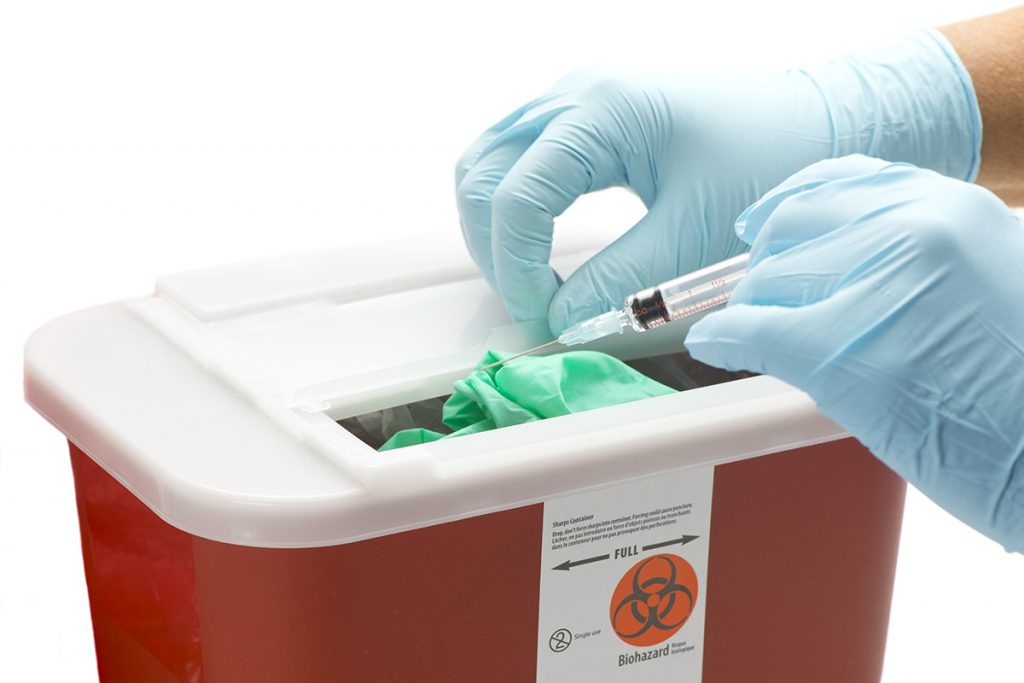The Role of Medical Waste Management in Infection Control – Medical waste management is an important part of maintaining a clean and safe environment for patients, customers and staff.
Medical waste management is an important part of maintaining a clean and safe environment for patients, customers and staff. It also helps prevent infections from spreading through the healthcare setting and anywhere that medical waste is being generated.
Here is a closer look at how medical waste management can help with infection control and why it should be part of your organization’s infection prevention strategy.
Medical waste is a broad term that includes any waste produced that is either hazardous and non-hazardous.
Hazardous medical waste, for example, is defined as any material that poses an immediate or potential threat to human health and safety if not handled properly during its generation, storage, collection and transportation stages. This category includes sharp objects such as needles and syringes; infectious agents such as bloodborne pathogens (i.e., HIV), hepatitis B & C viruses; chemicals such as radioactive materials, laboratory cultures from diagnostic testing procedures, and more.
Another way to think about waste is clinical vs. non-clinical waste. Clinical waste refers to any type of material that has come into contact with blood, body fluids or tissues during diagnosis or treatment processes and non-clinical waste includes items like empty packaging materials from drugs received from pharmaceutical companies; disposable gloves used by staff members during their work shifts.
When it comes to the role of infection control, medical waste management helps to reduce the risk of infection by reducing the risk of cross-contamination and the amount of infectious material that can be spread to one another.
The most common method for managing medical waste is through incineration, but there are other options available as well:
- Autoclave – uses high pressure steam to kill microorganisms in contaminated equipment and materials; this method is particularly effective at killing spores.
- Chemical disinfection – chemicals such as ethylene oxide gas are used to clean non-porous items such as syringes or intravenous tubing
The medical waste management system plays a crucial role in preventing infections. How you handle infection control procedures at your operations is important and specific to you. It’s critical that staff receive training for correctly segregating all medical waste, and these procedures must be strictly enforced. Having a clearly labeled, appropriate bins for the different types of waste ensures anyone coming in contact or handling it knows what to do and that improper disposal doesn’t occur.
Penalties can be severe if disease transmission does occur. The best way to prevent the spread of infections is to provide safe disposal of hazardous materials and partner with a trusted medical waste service provider to ensure that no reusable items are disposed of as waste and reused and that they are recycled properly so as not to cause harm to anyone else.
You Might Also Like:
- It’s Flu Season: Waste Management Solutions for Vaccines
- What Happens to Medical Waste When It Leaves Your Facility
- What is Cradle to Grave Processing?

Service Areas: Long Island Medical Waste; New York City Medical Waste; Westchester Medical Waste; and more.


